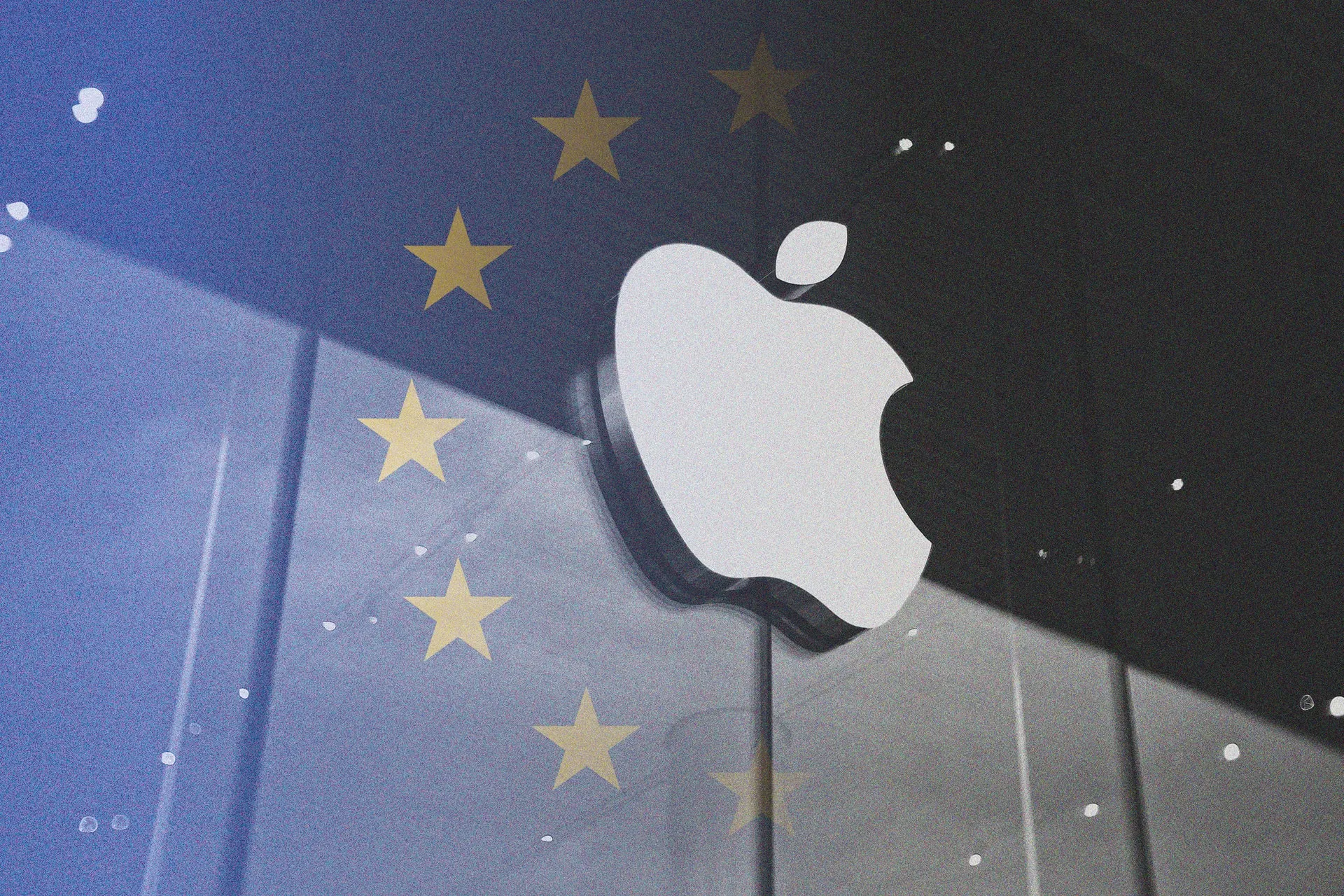Apple Inc. suffered a significant setback in Europe’s top court, losing a prolonged legal battle that could cost the tech giant 13 billion euros in back taxes, a saga intertwining with its recent product launches. The decision by the European Court of Justice (ECJ) reaffirmed a 2016 order by the European Commission for Apple to pay Ireland the substantial sum, spotlighting ongoing tensions between U.S. technology firms and European regulators.
The ECJ’s ruling came unexpectedly close to Apple’s announcement of its latest enhancements to the iPhone, Apple Watch, and AirPods range. This legal blow contrasts sharply with the company’s attempt to capture consumer interest with its upgraded technology offerings.
The conflict began in 2014 when the European Commission initiated an inquiry into Apple’s tax arrangements in Ireland, where its European operations are based. In 2016, the Commission concluded that Apple had benefited from illegal tax breaks that significantly reduced its taxable profits over two decades. However, Apple contested this decision, arguing that it complied with international tax laws and that its profits were already taxed in the United States.
Initially, Apple found favor in the EU General Court, which in 2020 annulled the Commission’s order. The court argued that the Commission had not adequately demonstrated that Ireland had provided Apple with favorable tax treatment. Nevertheless, this was overturned on appeal, with the ECJ ruling in favor of the European Commission’s original findings.
This tax ruling is part of a broader crackdown by the EU on what it perceives as unfair practices by tech giants, including issues related to antitrust, data protection, and taxation. Earlier this year, Apple was also fined 1.8 billion euros for monopolistic practices related to music streaming apps. Moreover, the EU’s Digital Markets Act has prompted significant changes in how tech companies operate within Europe, impacting giants like Apple, Alphabet, and Meta.
